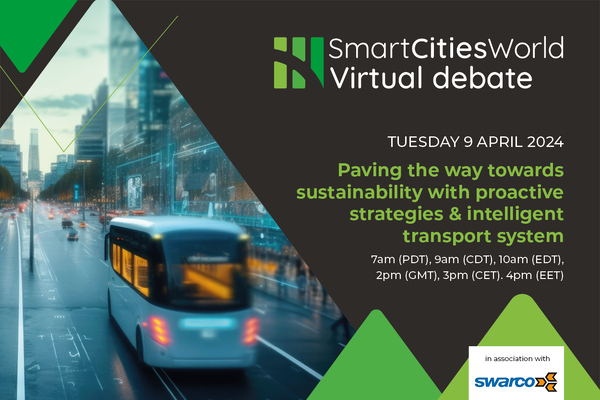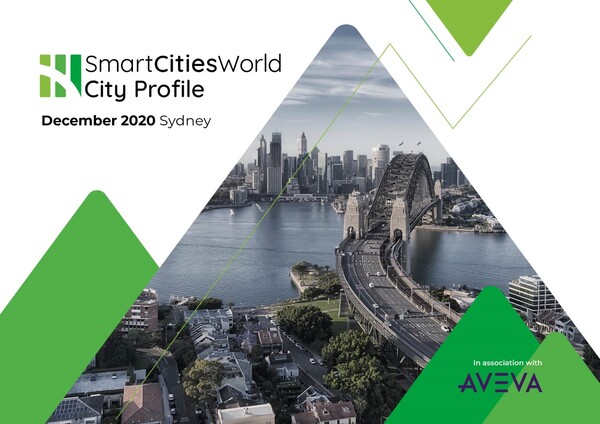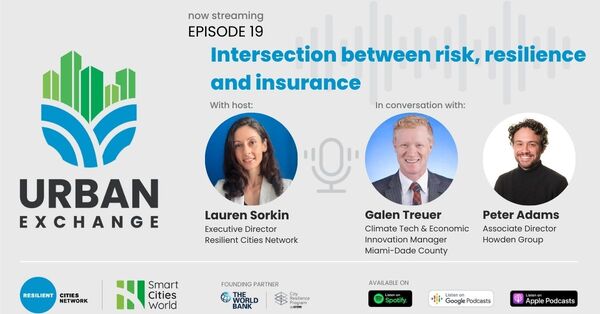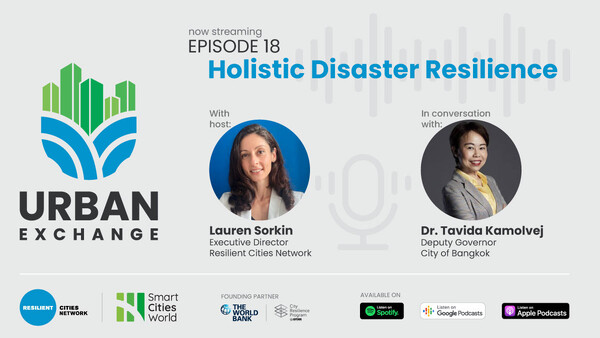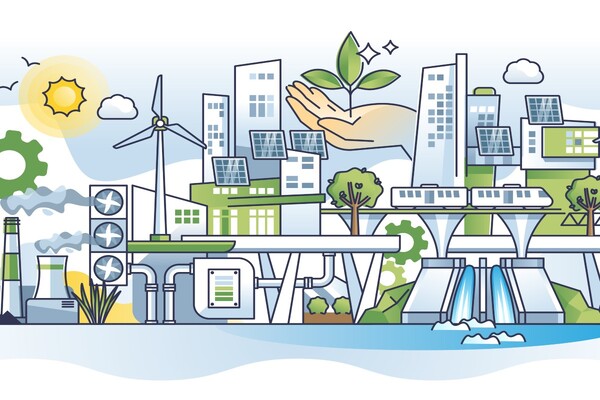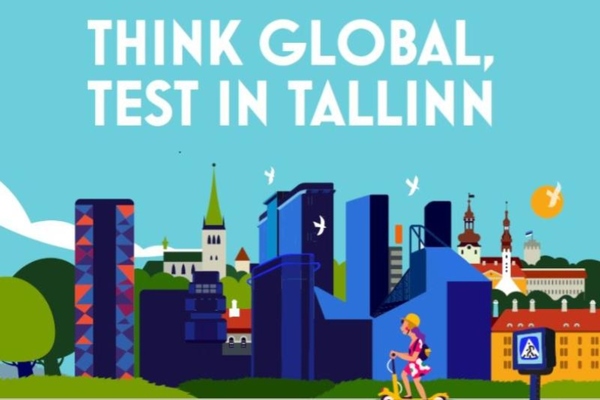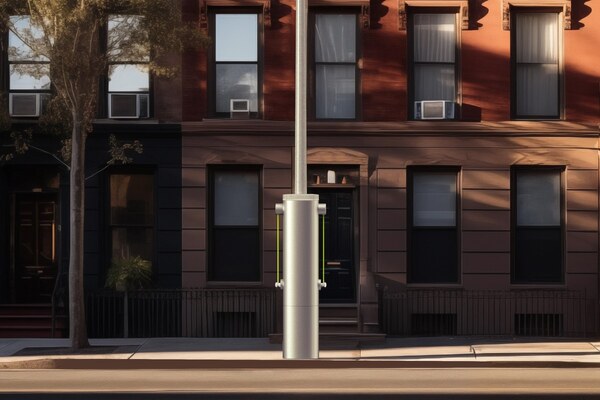Special Reports
SusHi Tech Tokyo 2024: experience ‘Tokyo 2050’ todaySponsored by The SusHi Tech Tokyo 2024 Showcase Program Executive Committee
The IoT goes mainstream
Vodafone’s IoT Barometer 2016 report shows that the IoT is taking central stage in business operations and future development
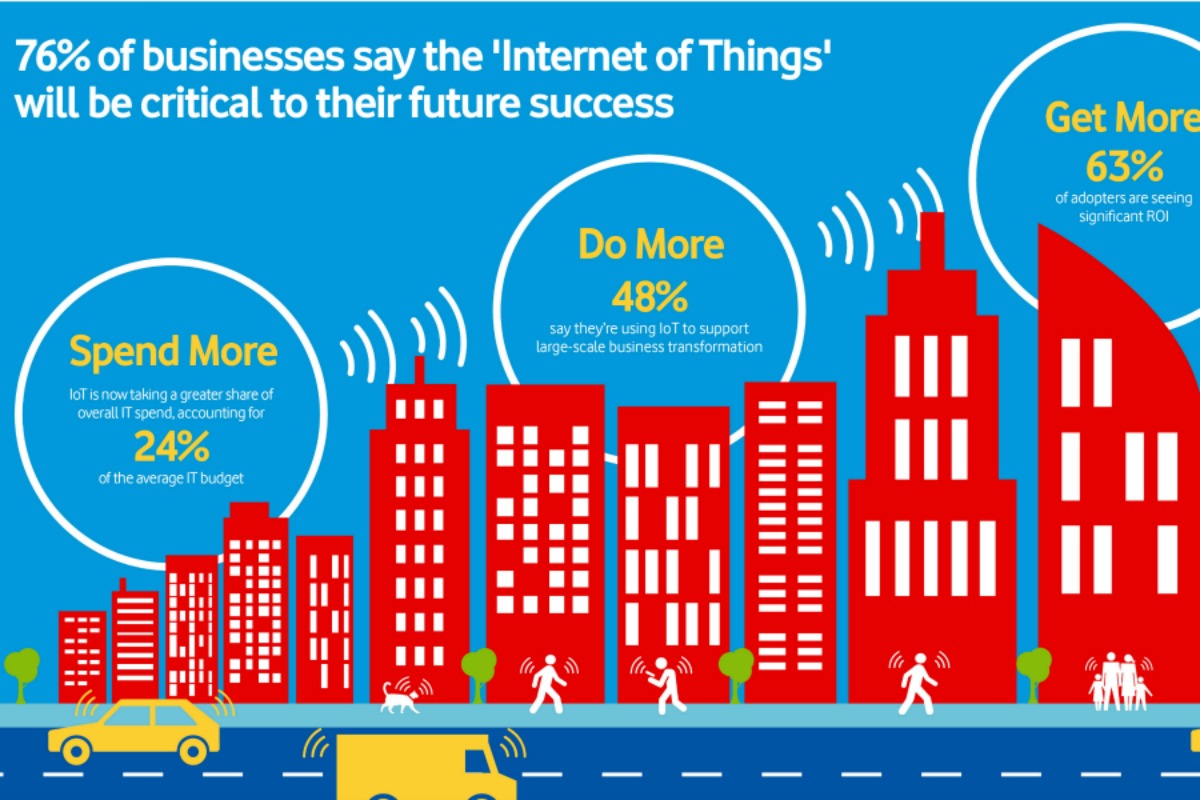
This is the year that the Internet of Things (IoT) has gone from a niche into mainstream, said Eric Brenneis, Vodafone Group IoT director. Vodafone’s IoT revenue has grown from 21 per cent (2015) to 29 per cent, and the IoT has become “the centre of every customer’s attention,” he said.
These remarks were made yesterday at the launch of the fourth Vodafone IoT Barometer 2016, the company’s global survey that snapshots global Innovation and business investment in the Internet of Things (IoT).
The survey, conducted by Circle Research in April and May 2016, involved more than 1,096 companies across Australia, Brazil, Canada, China, Germany, India, Ireland, Italy, Japan, The Netherlands, South Africa, South Korea, Spain, Turkey, the UAE, the UK and the US. This sample was 70% bigger than last year.
The report revealed five findings:
1.Bigger commitment produces better results
The IoT is a major business focus and adopters are increasing their investment. Those companies that make a bigger commitment are reaping rewards. Already over a quarter of the companies interviewed (28 per cent) have live IoT projects, with a further 35 per cent less than a year away from launch. For IoT adopters, 63 per cent are seeing “significant” ROI, a rise of 4 per cent from 2015.
Adopters are spending nearly a quarter (24 per cent) of their overall IT budget on the IoT, putting it on a par with cloud computing, data analytics and mobility.
Just over three quarters of the companies surveyed (76 per cent) said that the IoT would be critical for the future success of any organisation operating in their sector.
2. IoT supports business transformation
Where in the past the IoT had been seen as an efficiency driver, it is now recognised as a game changer where companies can differentiate themselves though the digital experience.
Just under half (48 per cent) of adopters said that they are using IoT to support large-scale business transformation, and 29 per cent said they were using it to connect multiple organisations into ecosystems.
Top performers are using the IoT to create connected products and services, with 46 per cent of all adopters planning to launch connected solutions within the next two years.
Another important benefit of the IoT identified by 44 per cent of adopters was that it enhances the customer or user experience.
3. Leaders measure IoT within business processes
Brenneis noted that the march towards IoT adoption was now being driven from the top down – from the boardroom rather than IT departments, which a distinct attitudinal change.
61 per cent of businesses say they consistently see IoT as an integral part of wider business initiatives.
On average, IoT adopters have measured a 20 per cent improvement in business indicators including revenue, system uptime, cost and asset utilisation as a result of deploying IoT.
4. IT integration is key to using IoT data effectively
Adopters have fully realised the importance of data that can be gathered from applications with 81 per cent of all businesses saying that the IoT can only deliver real value if generated data is used effectively.
More than 90 per cent of adopters are storing IoT data in the cloud, use analytics to support decision-making, integrate IoT data with core systems like enterprise resource planning (ERP), and use mobile devices to give employees access to IoT data.
More than two thirds of companies using IoT recognised the co-operative nature of the new digital ecosystem, and said that they felt safe sharing their IoT data with other organisations.
5. Security needs end-to-end attention
Last year security was reported as the greatest worry in the adoption of IoT. A year on business has become more rational around this and more cautiously optimistic. While 30 per cent of businesses reported that they had changed or restricted the scope of their IoT projects to limit security risks, 75 per cent said that security risks are a fact of life.
More than 60 per cent said they already have the necessary skills, processes and technology to manage IoT security.
Over two thirds of businesses said that IoT should be secured end-to-end, and a large percentage (91 per cent) said that it was important for them to work with a single end-to-end IoT provider, or a Benneis put it, “One throat to choke if things go wrong.”
Brenneis also revealed the top three vertical market sectors as (1) automotive, the largest today and which will remain so for the foreseeable future; (2) energy, particularly around smart meters, although there will be a saturation point once meters are installed, until replacements are needed; (3) Industry and manufacturing. The retail sector continues to grow but still trails behind the big three.
"Three-quarters of the companies we interviewed now recognise that the Internet of Things is a new industrial revolution that will change how people work and live forever, and almost half the companies surveyed across multiple countries and sectors told us they’re already planning to bring connected network intelligence to millions of devices and processes over the next two years. 2016 is the year the Internet of Things entered the mainstream," said Brenneis.
